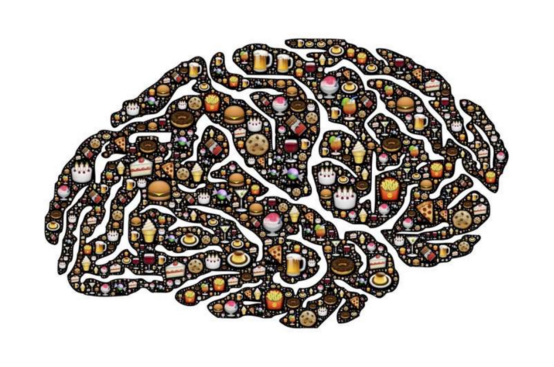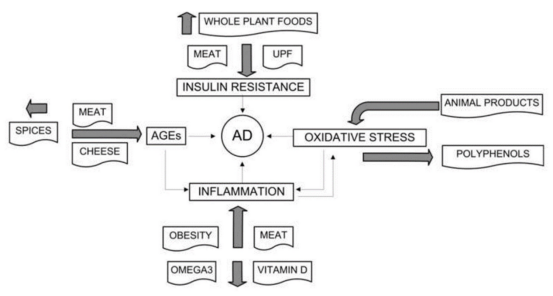全球医讯


Alzheimer's disease is a fatal dementia with no cure. In Australia, up to one in ten people over 65 have the disease, and 30% of people over 85 have it. Dementia is also the leading cause of death or disability in people over 65. New research has found that long-term eating habits and food are closely related to the disease. Follow the details.
Alzheimer's disease is a serious cognitive disorder. Currently, the global medical community has not yet found an effective way to completely cure it. In Australia, the disease has a particularly significant impact on the elderly population. According to statistics, about one in ten elderly people aged 65 and above suffer from the disease, and the prevalence of dementia in the elderly population aged 85 and above is as high as 30%. Dementia has become one of the main diseases affecting the health of the elderly population aged 65 and above, and is an important cause of their death or disability. Recently, scientific research has further revealed that long-term eating habits and food intake are closely related to the risk of Alzheimer's disease. In this regard, all sectors of society should pay close attention and take corresponding measures to prevent and delay the occurrence of this disease.
Topic: How can hospitals establish an "AI window" for medical consultation? Chatbot ChatGPT multimodally assists patients in consulting and chronic disease management


A recent research report published in the journal Alzheimer's Disease points out that scientific evidence has shown that frequent intake of meat and processed foods is significantly correlated with the risk of Alzheimer's disease.
After an in-depth study of 438 middle-aged and elderly Australians, including 108 Alzheimer's patients and 330 healthy individuals as controls. This study uses a combination of clinical imaging biomarkers and long-term lifestyle data to track participants' eating habits since 2006 to explore the causes of Alzheimer's disease. The results show that patients with Alzheimer's disease tend to prefer foods such as meat pies, sausages, ham, pizza and hamburgers. At the same time, their daily diet has a significantly low intake of fruits and vegetables, especially common fruits and vegetables such as oranges, strawberries, avocados, peppers, cucumbers, carrots, cabbage and spinach. It is also worth noting that the amount of alcohol consumed (including red wine and white wine) in the healthy control group is relatively low.
In Australia, the impact of Alzheimer's disease is becoming increasingly significant, with about one in ten people over the age of 65 suffering from the disease, and one in three people over the age of 85 already suffering from dementia. The disease has become the leading cause of death or intellectual disability in people over the age of 65. Therefore, researchers strongly recommend that young people adopt healthier eating habits to maintain long-term brain health. It should be emphasized that Alzheimer's disease is not only related to the old age stage. The decline in brain cognitive ability actually begins in middle age and is closely linked to lifestyle choices in youth.
To ensure brain health, we should ensure that we have enough vegetables, organic foods and fruits in our daily diet instead of relying too much on processed foods. In addition, researchers will continue to explore the potential links between Alzheimer's disease and multiple factors such as sleep disorders, depression, eating disorders, occupational types and marital status.

